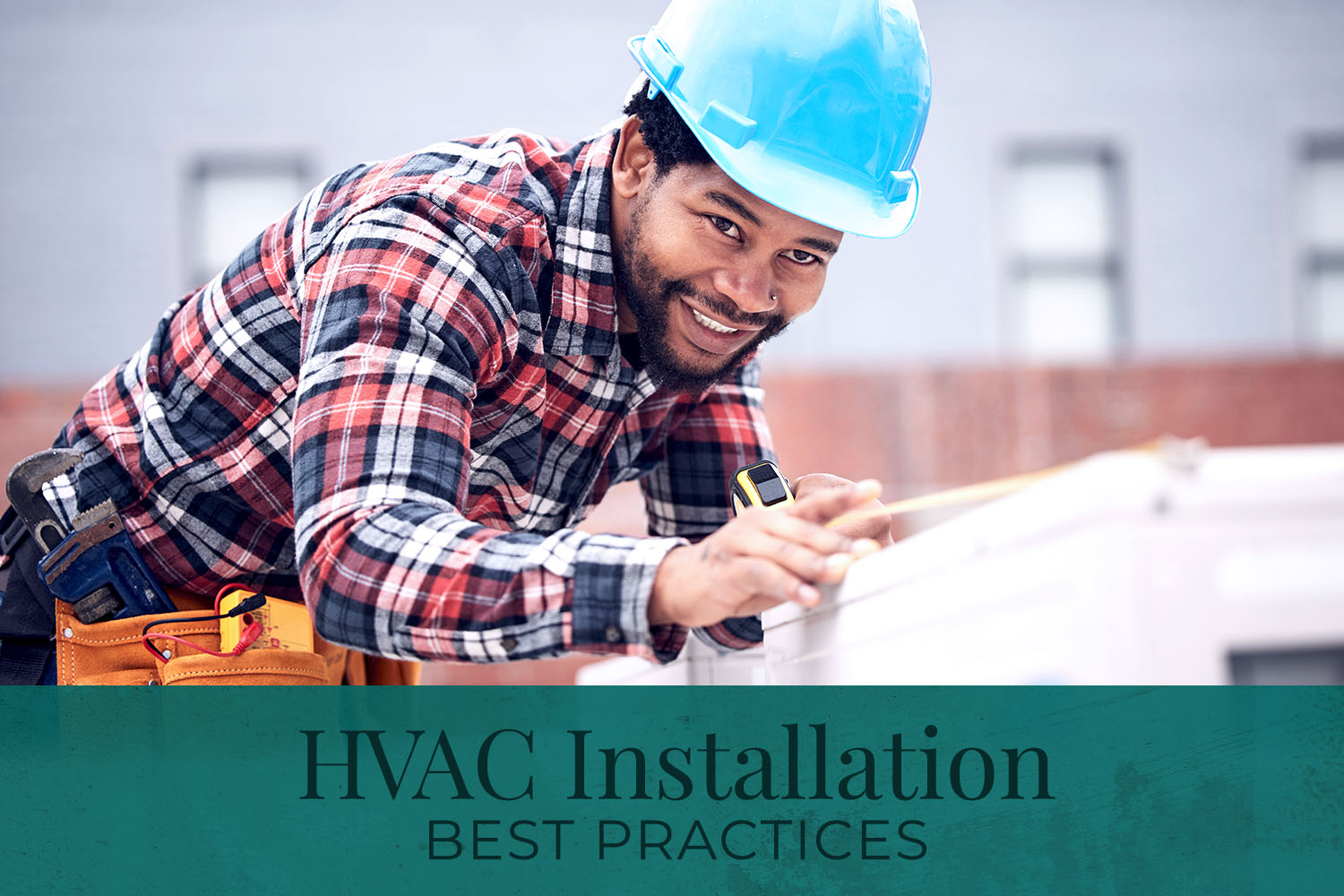HVAC Installation Best Practices
by
When it comes to HVAC (Heating, Ventilation, and Air Conditioning) installation, it’s important to get it right. Whether upgrading an existing system or installing a new one, following best practices is essential to ensure optimal comfort, energy efficiency, and longevity. Here are some HVAC installation best practices to help you achieve these goals.
Proper Sizing and Load Calculation
One of the most critical steps in HVAC installation is accurately sizing the system. Oversized or undersized units can lead to inefficiencies, inadequate heating or cooling, and increased energy consumption. Conduct a thorough load calculation that considers factors such as square footage, insulation, number of occupants, and climate conditions.
Quality Equipment and Components
It’s also important to invest in high-quality equipment and components. Choose reputable brands known for their durability and performance. Don’t compromise on thermostats, air filters, and ductwork, as these play a crucial role in overall system efficiency. Cutting corners in this area may lead to frequent breakdowns, decreased energy efficiency, and poor indoor air quality.
Proper Ductwork Design and Sealing
Ductwork is the backbone of any HVAC system, distributing conditioned air throughout a home or building. Improperly designed or leaky ducts can result in uneven temperature distribution, energy waste, and decreased system efficiency. Ensure that the ductwork is correctly sized, insulated, and sealed to prevent air leaks. Sealing duct joints and connections with mastic or metal-backed tape helps maintain optimal airflow.
Professional Installation and Regular Maintenance
HVAC installation should always be performed by licensed and experienced professionals. Proper installation techniques are vital to ensure safety, performance, and compliance with building codes. A reputable HVAC contractor guarantees that the system is correctly installed and any potential issues are promptly addressed. Additionally, regular maintenance by qualified technicians helps extend the system’s lifespan, improve energy efficiency, and prevent costly repairs. If you want to become an HVAC technician, check out Florida Academy’s HVAC/R Technology program, designed to get you into the job market in as little as eight months.
Energy Efficiency Considerations
In today’s environmentally conscious world, energy efficiency is a top priority. Select energy-efficient HVAC units with high SEER (Seasonal Energy Efficiency Ratio) ratings. Additionally, consider features like programmable thermostats, variable-speed motors, and zoning systems to optimize energy usage. Proper insulation, weather sealing, and regular filter changes contribute to energy efficiency and cost savings.
By following these HVAC installation best practices, you can create a comfortable indoor environment while minimizing the environmental footprint and reducing energy costs.
Start Your HVAC Career at Florida Academy
Are you ready to start your career in the HVAC industry? Apply to the nationally accredited HVAC/R Technology program at our school located in Fort Myers, Florida. By combining classroom instructions with hands-on training opportunities in a modern workshop, we prepare students for the world of HVAC installations. Apply now, visit our website to learn more, contact us, or call 1-800-324-9543.

